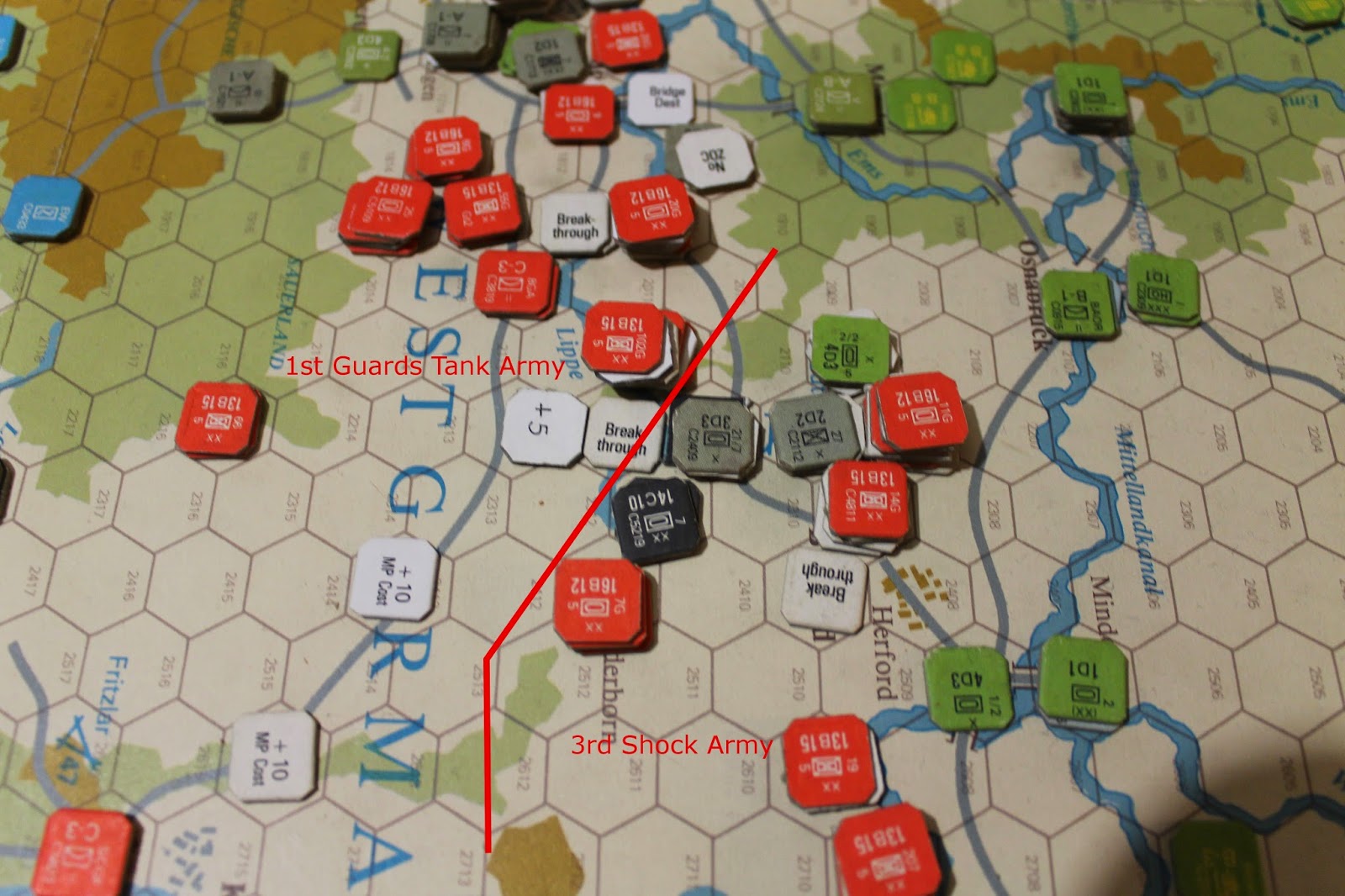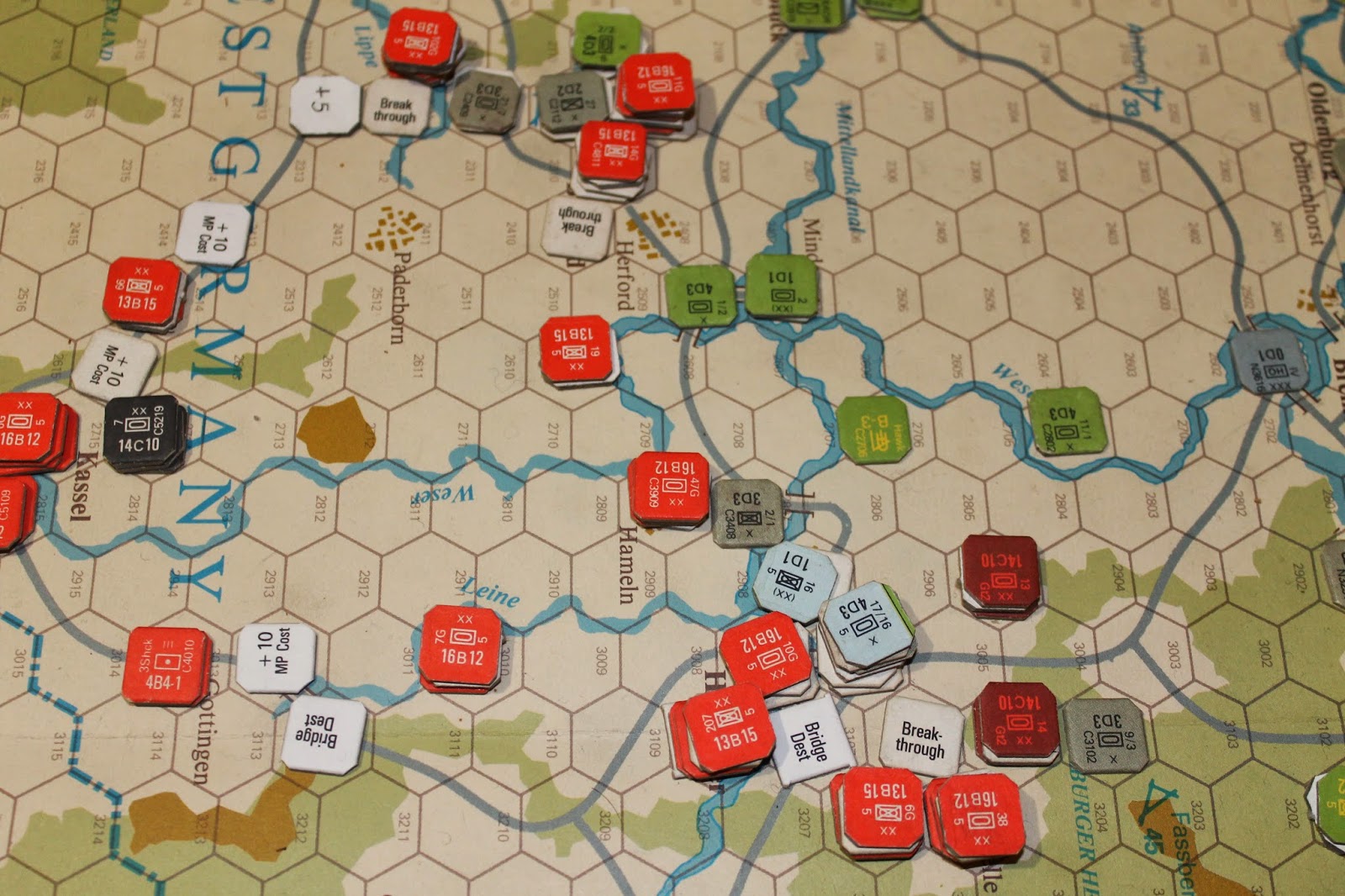Hamburg Central Station, 23:00 Zulu Time
Sergeant Sidorov's tank company stopped for the night near Central train station, after sixteen hours of fighting and two others T-72 lost."And so we're down to six", He thought. "Luckily the Germans left yesterday, and all we had to fight were Danish reservists and small groups of armed civilians."
He reached his backpack for some bratwurst and a chunk of black bread, taken a few hours ago from a grocery store. Probably a grocery reserved to the ruling class only, judging by the amount of food it had.
To tell the truth, every store he has seen in Hamburg had an impressive amount of goods of every kind; in several cases, he wasn't even able to discern what that stuff was for.
"Why in the hell they were preparing to attack East Germany? I've been stationed there for four years, and cannot imagine what they could hope to get they don't already have. Maybe my old Sergeant Instructor was right, after all; a German is always a German, no matter what."
He gnawed the black bread, watching the lights of the city fires.
20th Guards Army HQ, near Bremen, 23:00 Zulu Time
"Are you sure of your conclusions, Anton Vladovich?"The commander of 20th Guards Army looked intently at the 40 years old man in front of him: shaggy uniform, tired look, dirty. A good soldier. Too many of his officers looked always ready for a parade in the Red Square, even after six day of war.
"Yes, Comrade Lieutenant General. Our reconnaissance forces have identified elements from three different brigades belonging to 11th West German Mechanized Division, all defending Bremen.
The strength of the defense lines bring us to conclude that the enemy has regrouped and is now maneuvering at division level in Bremen area."
"Thank you, Anton Vladovich. Dismissed."
He closed his eyes and tried to organize the hundreds of small information pieces constantly flowing to his desk. NATO operating at division level, inside Bremen. According to Intelligence the same thing happened in Amsterdam, where a Dutch Division fortified the city.
A new strategy, or a defense against the unavoidable retaliation following a tactical nuclear attack?
Hard to guess. No doubt SHAEF was deeply worried by the collapse of NORTHAG. Maybe desperate enough to ask for tactical nuclear release.
Disperse the divisions to avoid offering juicy targets in open field? Risky.
Ignore the possibility and keep the concentration of forces for tomorrow's attack? Risky.
He stared at the situation map again, but it didn't help.






































